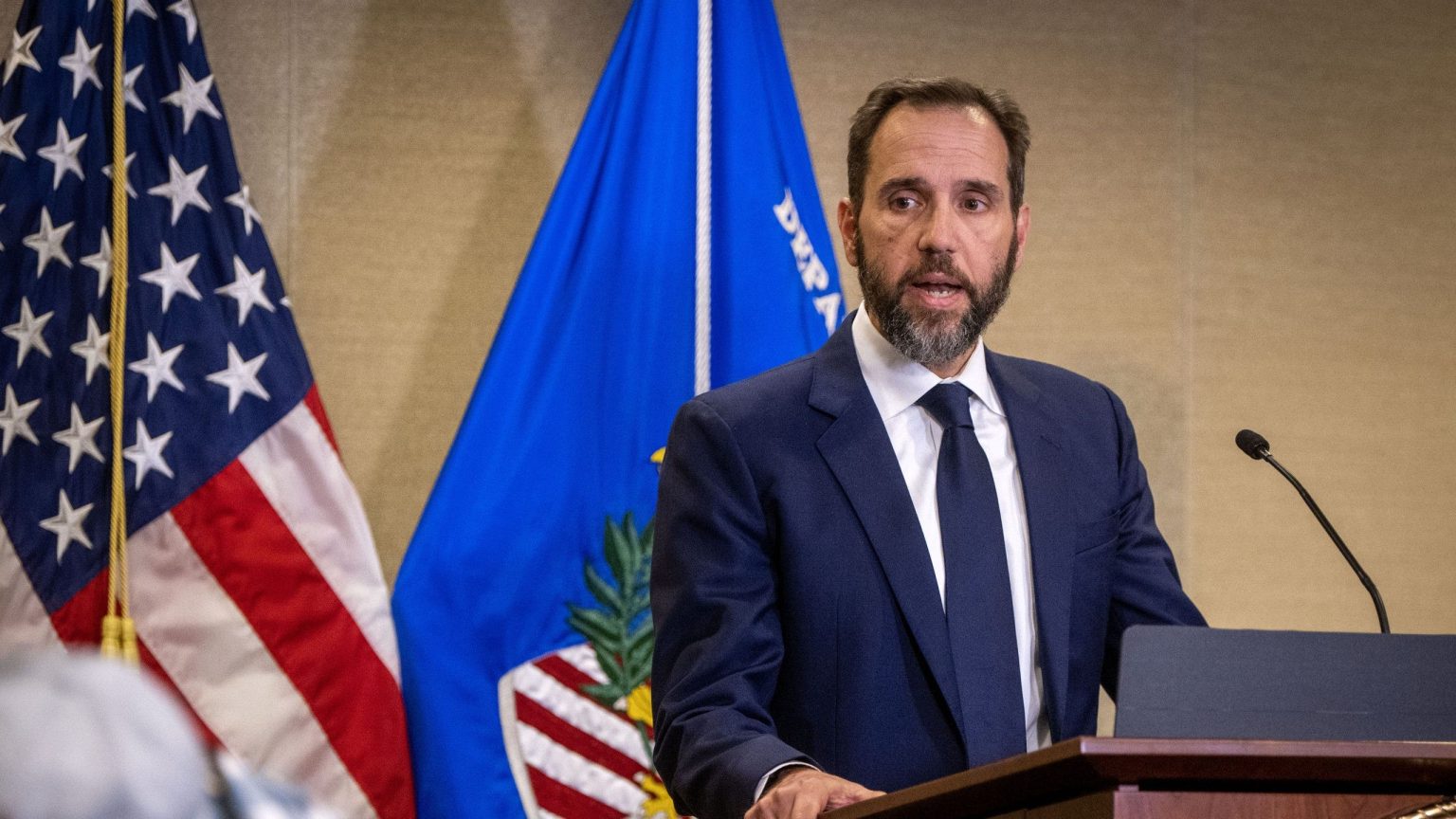The culmination of Special Counsel Jack Smith’s two-year investigation into former President Trump hinges on a confidential report summarizing his findings, which he is mandated to submit to Attorney General Merrick Garland. This report, a requirement under Justice Department regulations, will detail the results of Smith’s dual probes: one focusing on Trump’s alleged attempts to overturn the 2020 election results, and the other on his handling of classified documents at his Mar-a-Lago residence. The report is expected to outline the investigative process, evidence gathered, and rationale behind any prosecutorial decisions or declinations. While the report itself is confidential, the decision to release it publicly rests solely with Garland. This decision carries significant weight, considering the sensitive nature of the investigation and Trump’s status as president-elect.
Garland’s past actions offer some precedent. He chose to publicly release the reports of two other special counsels: John Durham, who investigated the origins of the Trump-Russia probe, and Robert Hur, who looked into President Biden’s handling of classified documents. These reports were simultaneously shared with Congress and the public. However, the circumstances surrounding Smith’s investigation – particularly Trump’s imminent return to the presidency and the potential political ramifications – present a unique challenge, making it uncertain whether Garland will follow the same course. The Justice Department has remained tight-lipped on the matter, declining to comment on the report’s status or Garland’s intentions.
The timing of the report’s submission aligns with the December 2nd deadline Smith’s team had previously set for submitting final status reports to federal judges in Washington D.C. and the 11th Circuit. These reports were related to the cases against Trump, which were dismissed without prejudice following his election victory. The dismissal was prompted by longstanding Justice Department policy and an Office of Legal Counsel memo stating that indicting a sitting president would violate the separation of powers doctrine. This policy, coupled with a recent Supreme Court decision expanding presidential immunity, effectively halted legal proceedings against Trump while he holds office.
The dismissal of the cases, however, does not negate the findings of Smith’s investigation. His team explicitly stated that their decision to vacate the cases was based solely on the Office of Legal Counsel policy and not on the merits of the investigation itself. They underscored their continued belief in the strength of their case, emphasizing that their position “has not changed,” but acknowledging that the “circumstances have.” This leaves the substance of the investigation, along with any potential evidence of wrongdoing, to be detailed in the confidential report submitted to Garland.
Garland now faces the weighty decision of what to do with Smith’s report. He could choose to release it publicly before Biden leaves office, allowing for transparency and potential accountability. Alternatively, he could defer the decision to the incoming Trump administration, a move that could raise concerns about potential political interference. The Justice Department’s silence on the matter only fuels speculation and underscores the delicate nature of this situation.
The implications of this decision are far-reaching. Public disclosure could significantly impact public perception of Trump’s actions and potentially influence future investigations or legal proceedings. Conversely, withholding the report could lead to accusations of a cover-up and further erode public trust in the Justice Department. The weight of these considerations rests squarely on Garland’s shoulders, as he navigates the complexities of this unprecedented situation. The contents of the report, along with Garland’s ultimate decision regarding its release, will undoubtedly shape the political landscape in the coming months and years.

